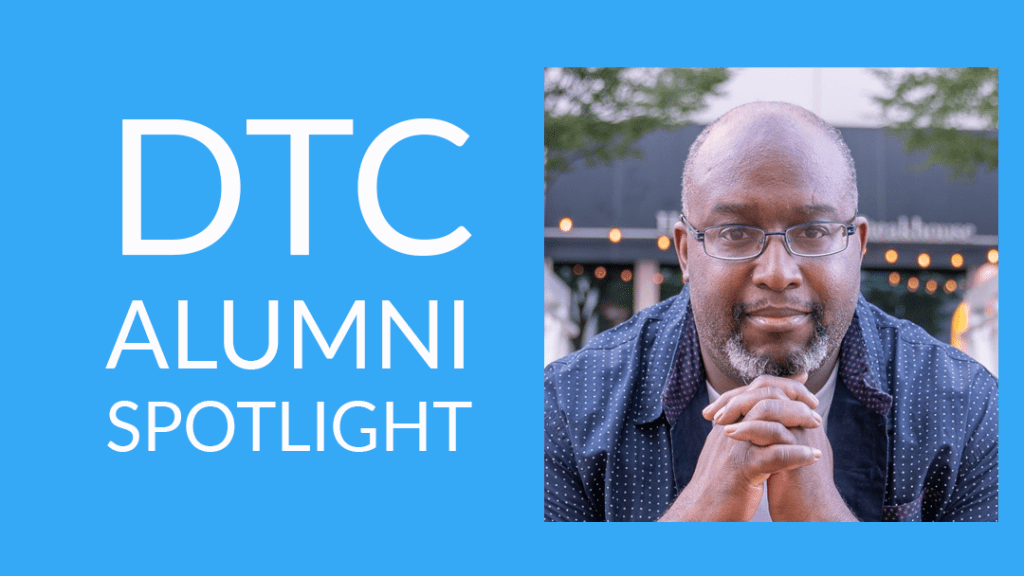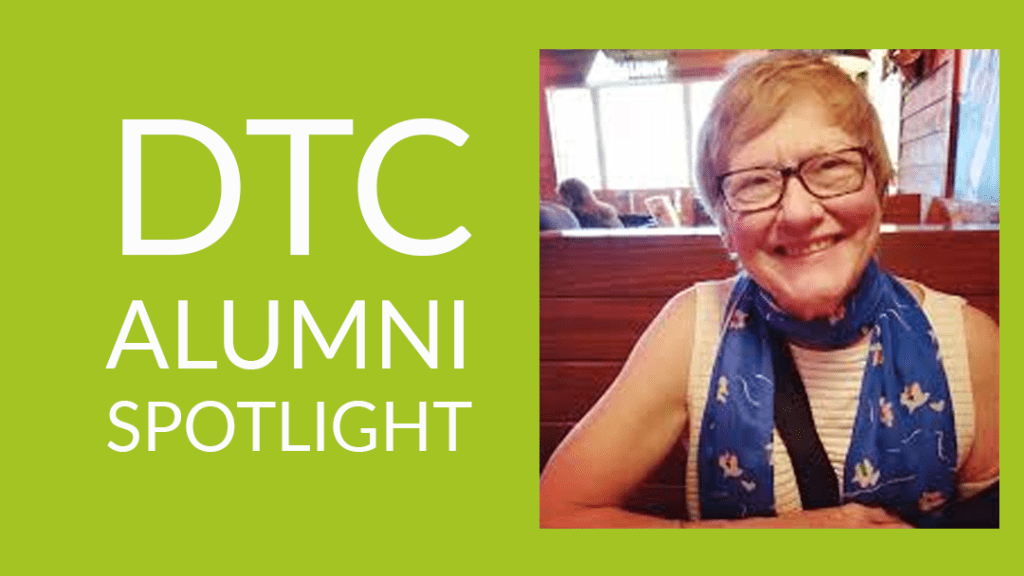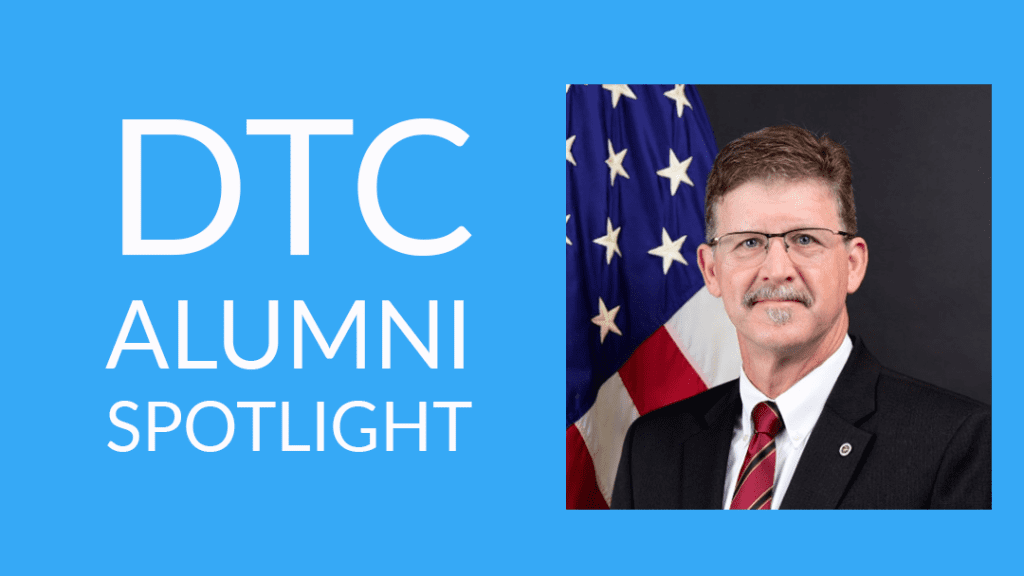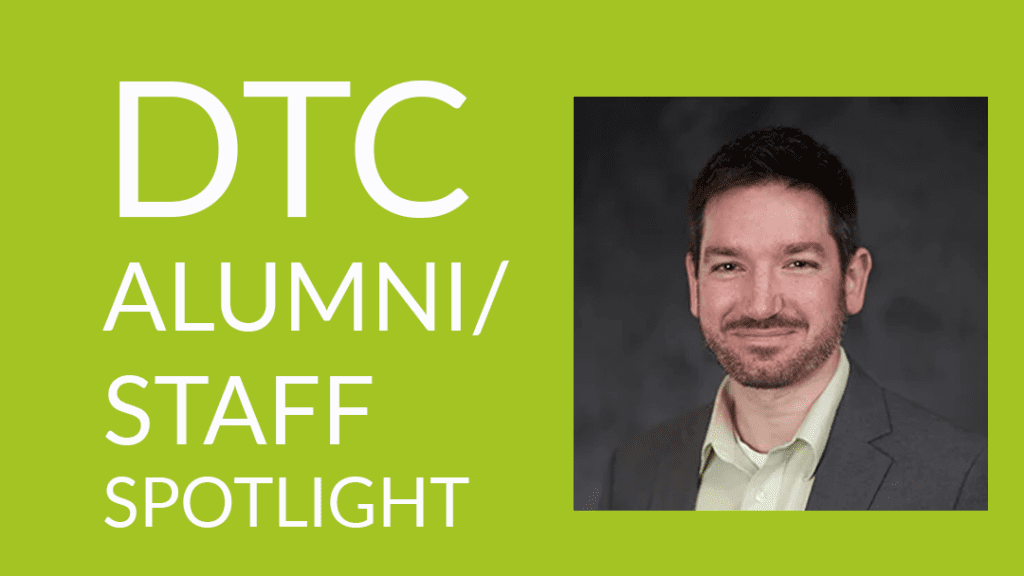Malik Hamilton used to joke that if you ever saw him running, you should probably start running too, because something had gone terribly wrong.
But after living with Type 2 diabetes for more than a decade, things reached a breaking point when he started insulin. His blood sugars spiked, crashed, and refused to follow any pattern he understood. His CGM beeped constantly, reminding him that he was off track, even though no one had ever shown him how to stay on it.
He was frustrated, overwhelmed, and tired of guessing. That’s when he found Diabetes Training Camp.
“I didn’t come for the sports,” Malik says. “I came because I needed answers.”
When Insulin Changed Everything
Malik managed his Type 2 diabetes for years without insulin, but everything changed when his doctor told him it was time he added insulin into his diabetes management strategy.. No one gave him a system, just a pen and some numbers. The moment his blood sugar rose above his old target of 130, he reached for insulin and often took too much. His blood sugar crashed. He panicked, overate, and sent it soaring again. The cycle repeated day after day.
“I was stuck in a rage-bolus, rage-carb cycle,” he explains. “I had no idea what my body was supposed to do, so I kept overcorrecting.”
Even the tools designed to help him felt judgmental.. The CGM offered data, but no guidance. It confirmed what he feared: he was off track and had no idea how to manage the process.
The Google Search That Changed Everything
For years, Malik had wondered if there was a space where adults with diabetes could learn from one another through honest conversation and lived experience. After years of searching, he finally typed the right words into Google. What came back was something that felt too good to be true: Diabetes Training Camp.
“I figured if I could just be in a room with people going through the same things, I’d finally start to understand what I didn’t even know I didn’t know.”
Malik arrived at camp eager to listen, ask questions, and absorb whatever he could. Within the first two hours, things began to make sense.
In a lecture led by Dr. Matt Corcoran, he finally heard clear explanations for the patterns that had baffled him for years—post-meal spikes, two-hour insulin action windows, and how to tell the difference between a problem and a normal response.
“If I’d learned this 16 years ago, my life would be completely different,” he says.
Thinking Like a Type 1: What Malik Needed Most
Although Malik has Type 2 diabetes, he often jokes, truthfully, that he identifies as a Type 1. That mindset shift began at camp.
“Type 1s are taught to manage their diabetes at a different level,” he says. “Being around people who live that every day helped me learn how to approach this with more precision and less panic.”
Concepts that once seemed out of reach suddenly made sense. Malik began recognizing the natural rhythms of blood sugar responses. He stopped reacting impulsively and started watching for patterns. Most importantly, he embraced one of Dr. Matt’s most valuable ideas: sometimes, the best move is to pause, observe, and do nothing.
“The idea of doing nothing, of stepping back instead of reacting, turned out to be one of the most powerful lessons I learned,” Malik shares.
Finding Practical Wisdom Around the Table
While the lectures helped Malik reframe his understanding, the conversations around the lunch table proved just as valuable. He was not learning in isolation. Every camper had a story, a system, a workaround, and they shared everything.
When Malik mentioned that he could not keep a Dexcom sensor on for more than a few days, three campers immediately offered ideas. Some used overpatches. Others relied on adhesive barriers or specific application techniques. These minor adjustments made a big difference.
“I was struggling just to keep the sensor on my body, let alone use it properly,” Malik says. “Hearing what others were doing gave me ideas I’d never considered.”
Even mealtime turned into a learning experience. Malik had believed carbs were off-limits, especially for someone using insulin. But at camp, he watched people manage their blood sugar through strategy rather than restriction. They ate pasta. They had dessert. And they stayed in range.
“I remember thinking, ‘We’re eating what for breakfast?’” he says. “But I watched what people did. I asked questions. I realized there was a smarter way to do this.”
That shift—from feeling alone to feeling supported, from guessing to applying real tools—gave Malik something he had not felt in years: control.
“I finally understood what was happening in my body. I didn’t feel like diabetes was just happening to me anymore.”
—Malik Hamilton
More Than a Camp: Returning to His Diabetes Family
Malik has now attended two Diabetes Training Camps, and plans to return for a third. For him, it’s no longer just an opportunity to learn; it’s a chance to reconnect with people who have become a part of his life.
“I think of it like a family reunion,” he says. “Even when there are new people, it doesn’t take long before they’re part of the group.”
Each visit deepens that sense of belonging. Malik has met campers who arrived skeptical or guarded, unsure of what they had signed up for. By the final day, all were laughing, sharing, and offering advice to others. Watching those walls come down is part of what draws him back.
The staff plays an essential role. From the first day, Malik felt surrounded by knowledgeable people who genuinely invested in every camper’s experience. Whether it was Dr. Matt breaking down complex topics with clarity or coaches stepping in with encouragement at the right moment, the staff made everyone feel seen, understood, and supported.
“They don’t just teach it,” Malik says. “They live it with you.”
Malik attended other diabetes education programs, but none of them stuck. “At camp, everything finally clicked, because I was learning from people who live this daily. The staff, the campers; the combination makes it work.”
Looking Ahead with a New Mindset
For Malik, the changes didn’t stop when camp ended. With new strategies in place and a supportive community behind him, he returned home feeling more confident in his day-to-day management and more motivated to challenge himself.
This year, he’s set a goal: complete a 5K before his next camp.
“I don’t know if I’ll be able to run the whole thing, but that’s not the point,” he says. “I’m already doing more than I was before. I’m moving forward.”
That mindset shift is what defines his journey. In the past, he saw diabetes as a series of problems to survive. Now, he sees it as a system he can understand, manage, and improve.
And the calendar? It revolves around camp.
“When I request time off for the year, the first dates I block are camp,” Malik says. “It’s just understood. That’s where I’ll be.”








